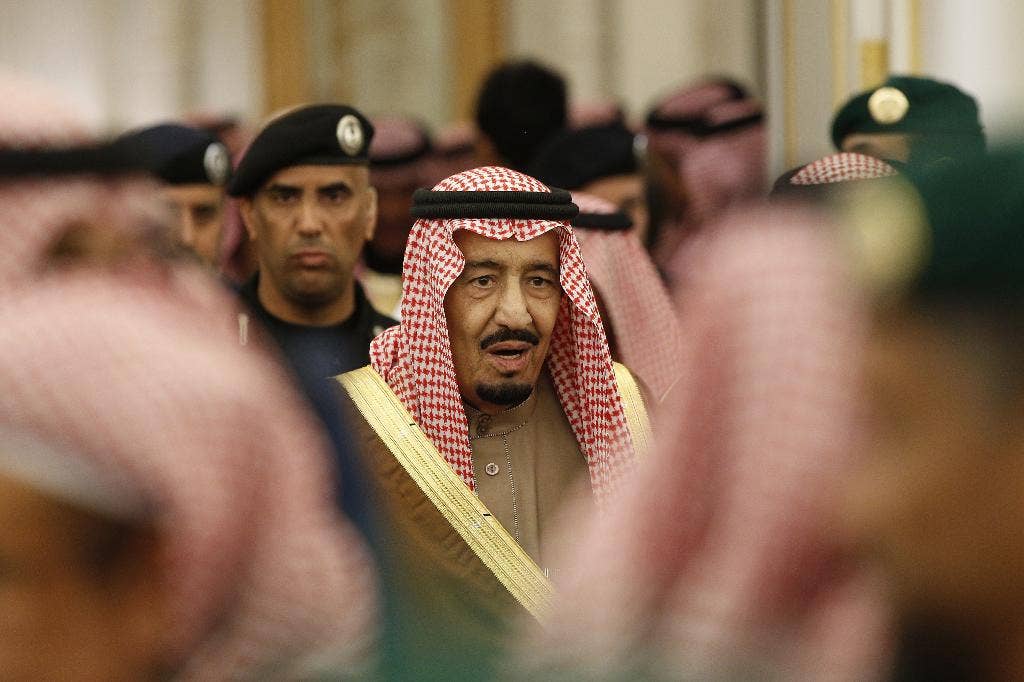Israeli foreign minister Lapid visits Egypt to boost ties | Abdel Fattah el-Sisi News
Israel’s foreign minister has arrived in Cairo on a diplomatic visit aimed at strengthening ties and shoring up a tenuous ceasefire between Israel and Gaza’s Hamas rulers.
Foreign Minister Yair Lapid met with Egypt’s President Abdel Fattah el-Sisi and the country’s Foreign Minister Sameh Shoukry on Thursday for talks that reflected budding ties between Egypt and Israel’s new government. Egypt’s intelligence chief also participated in the meetings.
Egypt, the first Arab country to reach a peace agreement with Israel, has served as a key mediator between Israel and Hamas.
The bitter enemies have fought four wars since Hamas seized control of the Gaza Strip in 2007, most recently an 11-day Israeli offensive on the Gaza Strip, which began on May 10 and killed at least 253 Palestinians, including 66 children, and wounded more than 1,900 people, according to the health ministry in Gaza.
At least 12 people, including three foreign workers and two children, were killed in Israel by rockets fired by Hamas and other armed groups from Gaza during the same period.
Egypt has since been working quietly to arrange a long-term truce.
Hamas is demanding that a crippling Israeli-Egyptian blockade be eased, while Israel is seeking the release of two Israeli captives and the remains of two dead soldiers held by Hamas.
Israel’s foreign ministry said Lapid presented a plan to develop Gaza’s economy in return for assurances of quiet, and eventually disarmament, by Hamas. It said the plan must address “the issue of captives and missing persons”.
Lapid also discussed Israeli efforts to strengthen the rival Palestinian Authority, whose forces were toppled by Hamas in 2007.
Palestinian President Mahmoud Abbas governs only limited autonomous areas in the Israeli-occupied West Bank.
Lapid raised Israel’s concerns about Iran’s nuclear programme and expressed his country’s desire to ramp up cooperation with Egypt in the civilian fields of economics, energy, agriculture, and trade, according to the Israeli Foreign Ministry.
“Egypt is an especially important strategic partner for Israel,” Lapid said. “My goal is to strengthen our security, diplomatic, and economic relations with Egypt. It’s important to continue to work on the peace between our two nations.”
Upon his arrival, Lapid was welcomed by el-Sisi, who stressed his country’s commitment to a two-state solution and to achieving a “comprehensive and just” peace in the Middle East, according to a statement released by el-Sisi’s office.
The Palestinians seek an independent state in the occupied territories of the West Bank, East Jerusalem and Gaza – areas captured by Israel in the 1967 Middle East war.
Egypt, like most of the international community, has been consistently supportive of the Palestinian right to an independent state. Israel’s new prime minister, Naftali Bennett, opposes Palestinian independence and has ruled out peace talks, though he favours steps at reducing tensions and boosting the Palestinian economy.
During separate talks with his Egyptian counterpart, Lapid handed over 95 stolen Egyptian archaeological items that were seized in Israel.
Israel’s foreign ministry said a smuggler was caught with some of the items in 2013 at the airport when arriving from a flight from Egypt. More than 90 others were found at a Jerusalem antiques store the same year.
It said the items included hieroglyphic inscriptions on stone, a fragment of a wooden sarcophagus, inscriptions on papyrus, figurines of Egyptian goddesses and other figures placed inside tombs as burial offerings. Israel released a photo of Lapid and Shoukry in front of a table filled with the artefacts.
Egypt and Israel reached a historic peace accord in 1979. Relations have generally been cool between the countries, though behind-the-scenes security cooperation remains strong. There have been growing signs of overall cooperation in recent months.
Lapid’s visit came three months after Bennett held talks with el-Sisi in the Red Sea resort town of Sharm el-Sheikh. It was the first official trip to Egypt by an Israeli premier in more than a decade. At the time, the visit signalled a warming in a relationship that had been security-focused but somewhat cool under Bennett’s predecessor, Benjamin Netanyahu.
Also in May, Israel’s then foreign minister, Gabi Ashkenazi, met his Egyptian counterpart in Cairo. It was the first visit by Israel’s top diplomat to Egypt in 13 years.

